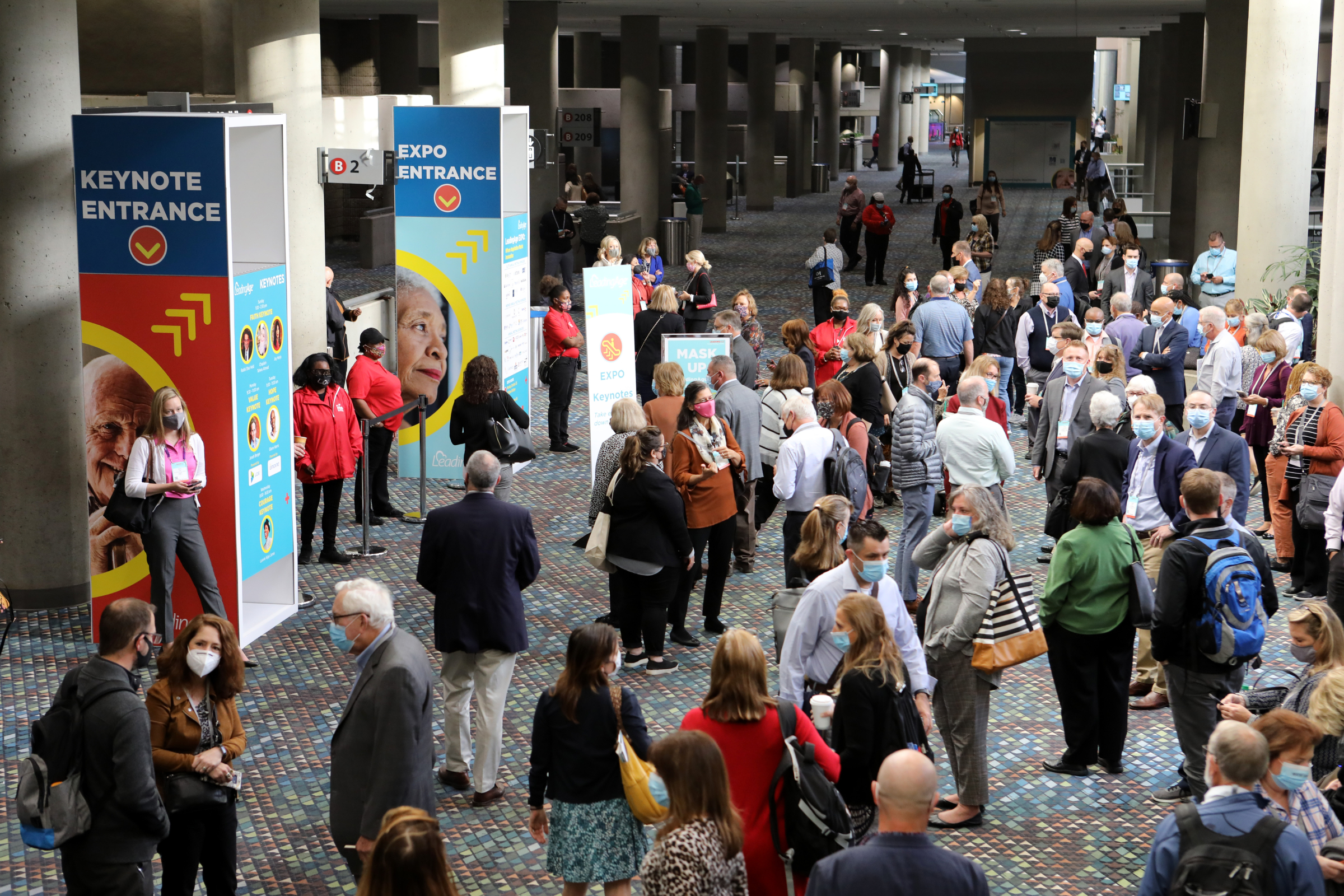House Hearing on H-2 Visa Program’s Impact on Workers
The House Committee on Education and Labor Workforce Protections Subcommittee held a July 20, 2022, hearing to discuss the H-2A and H-2B visa programs, that allow U.S. workers to fill temporary agricultural and nonagricultural jobs, respectively.
The U.S. Citizenship and Immigration Services (USCIS) administers the H-2 visa programs, which are temporary worker visas for persons who want to enter the United States for employment for a fixed period of time. The H2-A visa is for temporary or seasonal agricultural work; the H-2B visa is for temporary or seasonal non-agricultural work.
“We are meeting to discuss the important role temporary migrant workers – sometimes called ‘guestworkers’ – play in our economy, and the critical need for increased accountability and worker protections,” Workforce Protections Subcommittee Chair Alma Adams (D-NC) stated in her opening statement.The hearing explored whether new federal protections should be implemented in the temporary work visa programs to ensure workers are adequately protected from abuses like wage theft and trafficking. Witnesses also shared concerns that guest workers are not provided permanent residence and citizenship, and migrant workers in the United States should also have certain rights.
The hearing allowed witnesses to discuss several proposed solutions to these concerns, including:
- Prohibiting discrimination;
- Holding recruiters and employers liable for abuses
- Mandating the use of prevailing wages and strong labor standards;
- Providing a path to citizenship; and
- Protecting workers from retaliation.
Republicans on the Subcommittee primarily used the hearing as an opportunity to air criticisms of the Biden Administration’s border immigration policy. Ultimately, there was disagreement on how widespread the problems are within the H-2 programs, and what needs to be done to resolve the problems.
Furthermore, while this hearing was not about aging services workers, who are not currently authorized to enter the United States under H-2 program, it does provide a clear picture of the arguments that are often offered against creating an H-2 program for temporary aging services workers, such as the H-2Age program proposed by LeadingAge. Next week, the Subcommittee on Workforce Protections will hold a hearing to examine workplace protections for domestic workers.
The hearing can be viewed via live stream.

Most Recommended
October 15, 2025
 Shutdown Week Three: Impact of Ongoing Closure on Affordable Housing
Shutdown Week Three: Impact of Ongoing Closure on Affordable Housing
February 24, 2026
Fiscal Year (FY) Funding 2026
October 07, 2025
Immigrant Workforce Matching Program Brings Workforce Relief
Recently Added
February 26, 2026
HUD Interim Rule Revokes Eviction Notification Requirements
February 26, 2026
President Trump's SOTU: Key Takeaways
February 26, 2026



